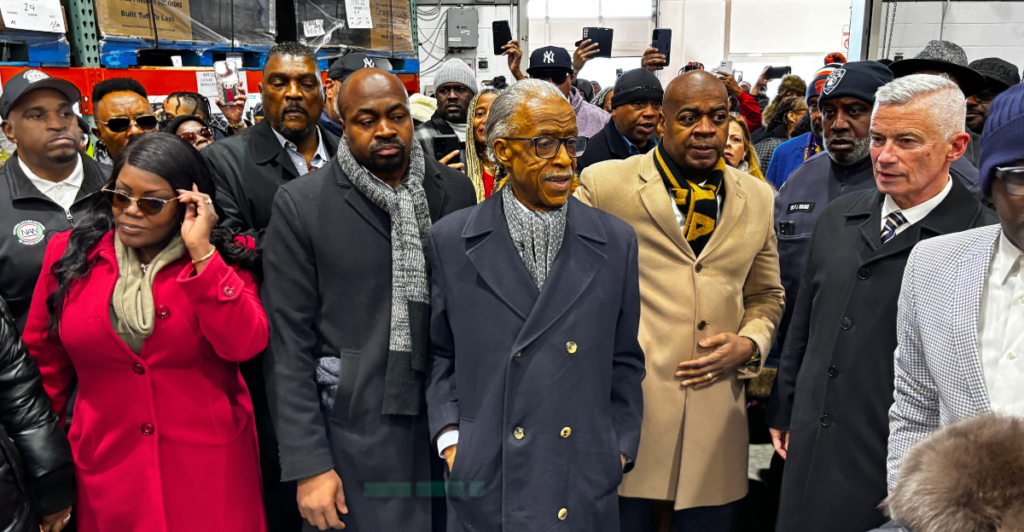
The corporate world has seen a dramatic rise in Diversity, Equity, and Inclusion (DEI) initiatives in recent years, and companies like Costco, Apple, and Levi’s are leading the charge.
Their efforts are transforming not only their internal cultures but also the way consumers interact with beloved brands. For shoppers, these changes have real-world implications, blending the products they purchase with the values they support and live by.
So let’s take a look at the impact of DEI initiatives on these retail leaders and the retail landscape as a whole, examining what it does for the average consumer and how large businesses can make a difference in society.
Understanding DEI

For those that don’t already know, Diversity, Equity, and Inclusion (DEI) programs are organizational practices aimed at providing fair treatment, access, opportunity, and advancement to all individuals.
These initiatives also actively seek to find and remove barriers that have historically led to the exclusion of underrepresented groups. Rooted in the civil rights movements of the 1960s, DEI initiatives have grown to encompass a broader range of identities, including race, gender, age, ability, and sexual orientation.
Over the years, such initiatives have progressed from being legal compliance programs to organizational culture assimilators, proving that there is value in diverse perspectives and experiences within the workplace.
Costco’s Unlikely Commitment to DEI: A Shift in Corporate Culture
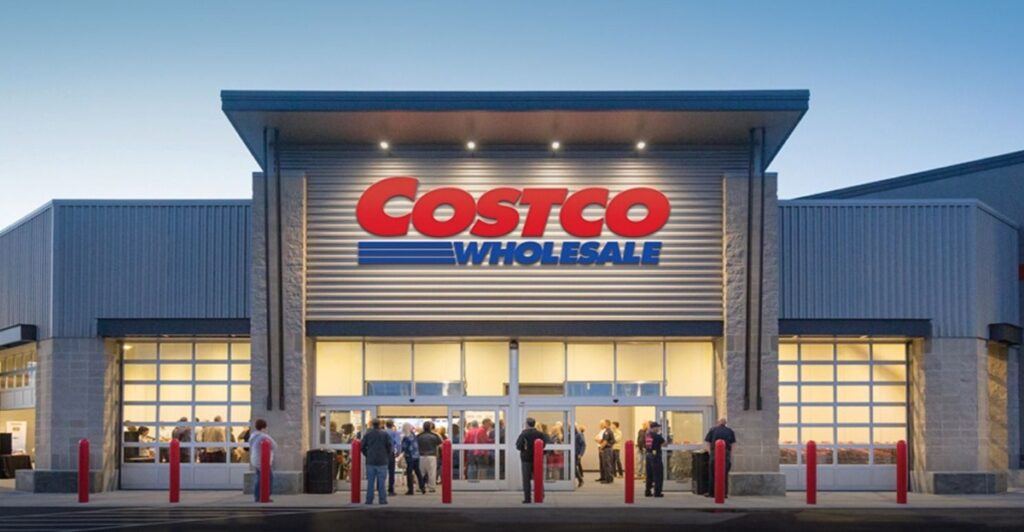
Costco is renowned for its no-frills business philosophy, but even this warehouse behemoth has jumped on the DEI bandwagon. In its ongoing evolution, Costco is pushing to diversify its leadership and include more opportunities for underrepresented groups.
This strategy shift isn’t just about offering more opportunities to prospective employees; it’s also about sharing the company’s values with its customers. This aligns with a new movement in which customers increasingly want to support businesses that share their values and core beliefs.
Costco’s progressive stance toward DEI makes it a more attractive choice for conscious consumers. This stance mirrors changing social norms, as moral considerations have begun to inform purchasing decisions.
Apple’s Unshakeable Commitment to DEI: A Benchmark for Tech Firms
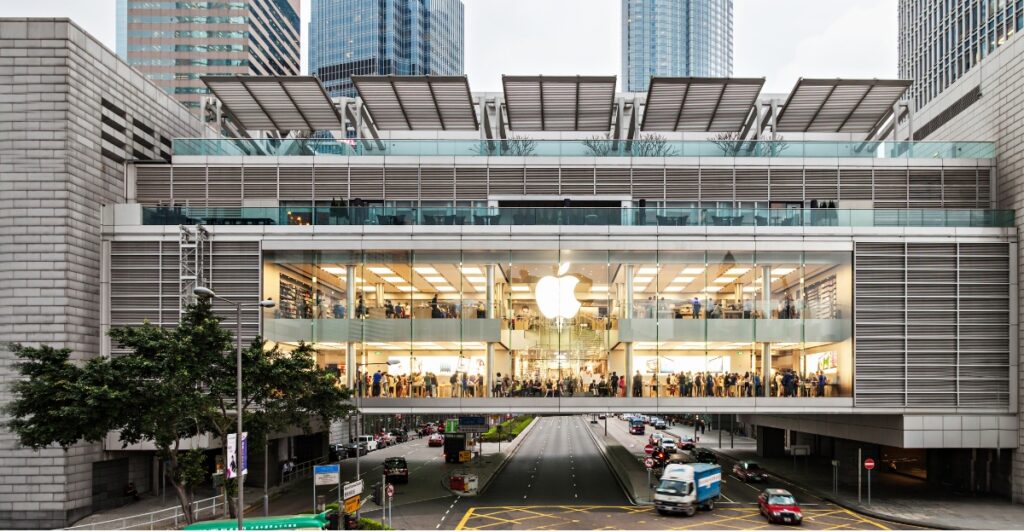
Apple’s commitment to DEI is not a company tagline; it is embedded in the company’s DNA. Apple has significantly increased the diversity of its workforce, making equity in employment its top priority and fostering a diverse work culture.
In its historically underrepresented sector, Apple has proven to be the model upon which other organizations have based their own DEI initiatives. For consumers, this shows a company that cares about the same things they do.
Overall, shoppers are more likely to support brands that invest in ethical business practices. Apple’s focus on DEI elevates the consumers’ experience by ensuring that products and services reflect diverse needs.
Levi’s: Leading the Fashion Industry’s DEI Revolution
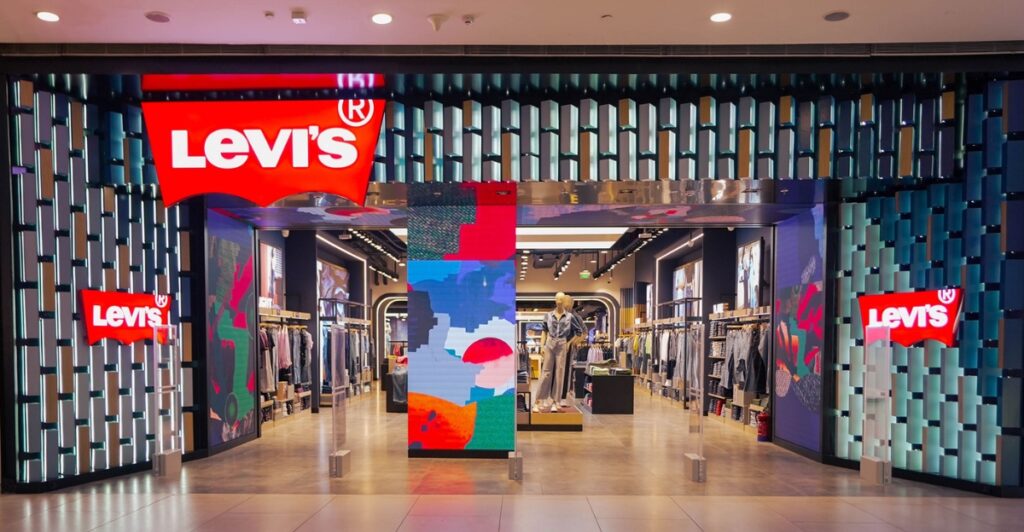
Levi’s has always been known for its stylish denim clothing, but more recently, the company has become a trailblazer in the DEI space. The company has prioritized diversity in its advertising, product development, and corporate culture, making inclusivity a cornerstone of its brand.
For consumers, Levi’s is now more than just a clothing retailer; it’s a brand that represents social responsibility, reflecting their own values and beliefs and solidifying their brand loyalty. The company’s DEI efforts have particularly resonated with shoppers who view fashion as an avenue for self-expression and identity.
In an era where consumers are increasingly selecting their go-to brands based on their ethical stances, Levi’s stands out as a leader in both style and social change.
How DEI Can Shape Society

While Costco, Apple, and Levi’s come from diverse sectors, they share a common thread: their commitment to DEI. When industries like retail, tech, and fashion all unite behind social causes, the message becomes louder and more effective in society as a whole.
This unlikely convergence of forces creates a situation where consumers can engage with DEI in every area of their lives, from purchasing technology products to buying clothing. It also upends the traditional business model where companies cared only about profit margins.
Today, the most successful companies integrate social responsibility into their bottom lines, showing consumers that their purchases have the power to influence positive change.
Is DEI Really a Priority for Companies, or a Trend?
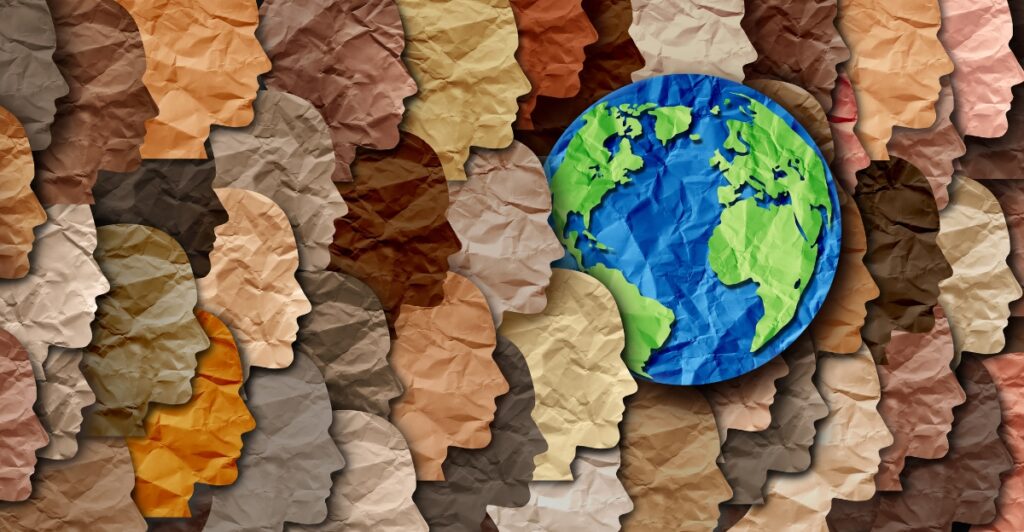
While many applaud the DEI efforts that brands like Costco, Apple, and Levi’s have implemented, some critics question whether these initiatives are genuine or just a passing trend.
In a world where consumers are increasingly suspicious of corporate motives, even the actual impact of DEI initiatives can be hard to measure at times. Critics argue these companies are just joining in on and profiting from social movements to boost public perception rather than actually implementing changes on a deeper, more significant level.
For the consumer, the question is: How do you tell when a brand genuinely embraces DEI and when it’s simply jumping on the social movement bandwagon?
When DEI Goes Horribly Wrong in Big Business
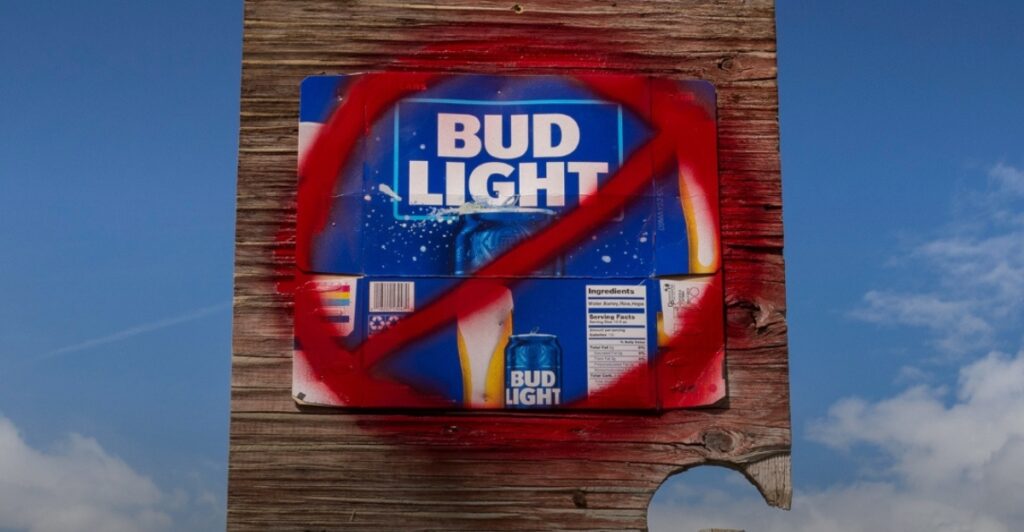
While DEI initiatives are generally considered positive, there have been cases where these initiatives have backfired. For example, some businesses have been faulted for promoting diversity at the expense of qualifications.
On the other hand, some businesses’ DEI initiatives were misaligned with their customer base. In 2023, Bud Light partnered with transgender influencer Dylan Mulvaney. The campaign received intense backlash from conservative groups, who then boycotted the brand, leading to a $26 billion loss in market value.
In the corporate world, hiring and advertising practices that prioritize diversity sometimes lead to poor outcomes, damaging both employee morale and brand reputation. So, while DEI is valuable, it must be balanced with quality and customer-based values.
The Long Road to DEI in Corporate America

Corporate America’s DEI programs did not evolve overnight. Decades of social movements and legislative efforts have shaped inclusivity and diversity. From the Civil Rights Movement to the modern-day fight for LGBTQ+ rights, these historical milestones have set the stage for today’s DEI policies.
Companies like Apple, Levi’s, and Costco have drawn inspiration from these movements, embedding them into their corporate DNA. For shoppers, this means that supporting these brands is a way of participating in and continuing broader social and historical progress.
These initiatives and movements now have a new force driving them: consumers who are no longer content to be passive customers but who strive to be active agents of change in the quest for fairness, diversity, and societal change.
Consumers as Agents of Change

The growing popularity of DEI in business practices is also evidence of the power of conscious consumption. Today’s consumers are more aware of the moral values of what they purchase than ever in history.
They are increasingly choosing brands that reflect their values and beliefs, whether they’re committed to sustainability, social justice, or inclusivity. Costco, Apple, and Levi’s are among a handful of brands that have recognized this shift and made DEI a central component of their strategies.
The result is that shoppers feel more empowered in their purchasing decisions, knowing that their support can lead to positive social change. Further, the consumer marketplace is becoming a powerful tool for social transformation.
What’s Next for DEI in Business?

Looking ahead, DEI will likely remain a central focus for major retail companies like Costco, Apple, and Levi’s. However, the challenge lies in maintaining momentum and ensuring that these initiatives go beyond surface-level gestures.
As consumer values continue to change, companies must show a sustained commitment to diversity, equity, and inclusion across every facet of their operations. For consumers, DEI must continue to be an essential consideration in their purchasing decisions.
Companies that cannot live up to their DEI commitments could be held back in a marketplace where social consciousness is ever more prevalent.
Discover more DIY hacks and style inspo- Follow us to keep the glow-up coming to your feed!
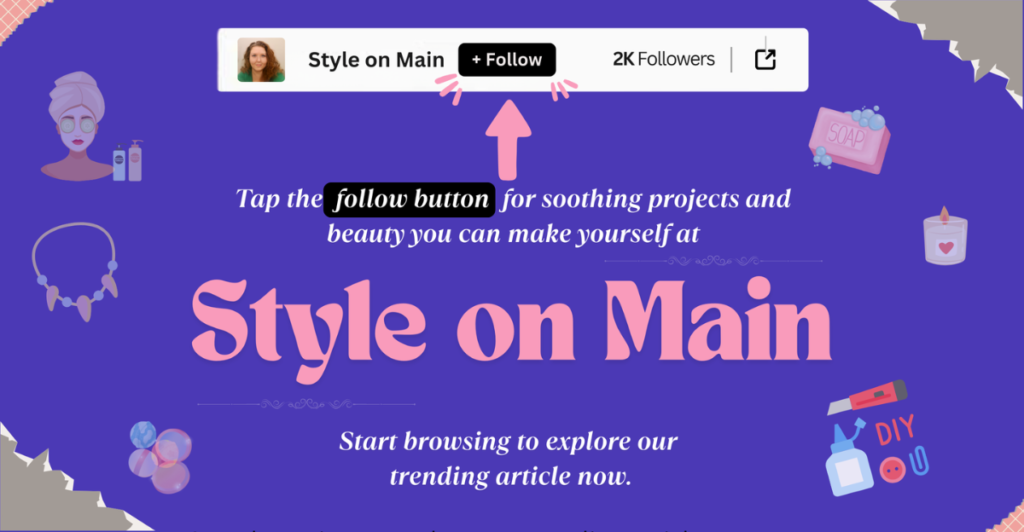
Love content like this? Tap Follow at the top of the page to stay in the loop with the latest beauty trends, DIY tips, and style inspo. Don’t forget to share your thoughts in the comments — we love hearing from you!